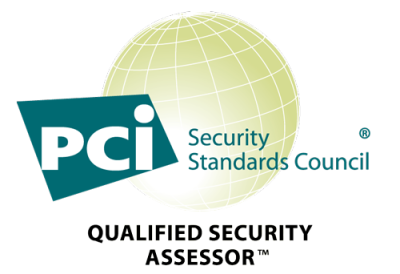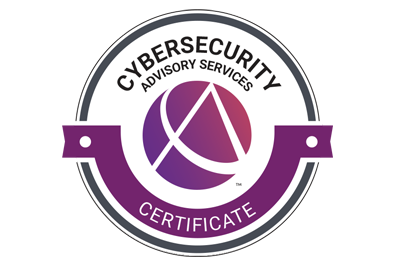Elevate Your Security Posture with Focused Cybersecurity Framework Assessment
In the digital era, cybersecurity is not just about technology; it’s about trust. And protecting your sensitive data is at the forefront of your business needs. Cybersecurity frameworks provide a structured approach to managing and mitigating cyber risks systematically, with strategies and standards designed to safeguard your enterprise’s data and systems from the array of cyber threats lurking.
Why Are Cybersecurity Frameworks Necessary?
With the increasing incidence of cyberattacks, it is more critical than ever for organizations to have robust, resilient defense mechanisms. Cybersecurity frameworks serve as a proactive blueprint and are essential for several compelling reasons:
- 1
Enhance your cybersecurity readiness.
- 2
Ensure compliance with regulatory and legal requirements.
- 3
Build trust with stakeholders by demonstrating a commitment to security.
- 4
Streamline security processes and reduce the cost of security by focusing on the most effective practices.
- 5
Facilitate a proactive stance towards identifying and addressing vulnerabilities.
Key Cybersecurity Framework Assessments
Cybersecurity frameworks are chosen based on the specific needs of your organization, your industry, location, and regulatory requirements. Each framework bears unique attributes tailored to different aspects of cybersecurity. Here is how we can assist you with each:
NIST Cybersecurity Framework (NIST CSF)
NIST CSF is popular for its flexibility and is widely adopted in various industries because it is voluntary and provides guidelines that help organizations manage and reduce cybersecurity risk. It is a blueprint for fortifying cybersecurity infrastructure, focusing on identifying, protecting, detecting, responding, and recovering from cyber incidents.
NIST 800-171
NIST 800-171 is a set of guidelines for protecting Controlled Unclassified Information (CUI) in non-federal systems. Organizations that work with the Department of Defense and handle CUI must comply with these standards. Government contracts now include clauses that require contractors to adhere to NIST 800-171 as a condition of the contract. Completing an assessment demonstrates that an organization is meeting these contractual obligations.
ISO27001 & ISO27002
This internationally acclaimed standard for information security management systems (ISMS) is highly regarded due to its comprehensive approach to security and its recognition across the globe, making it ideal for international businesses.
CIS Controls
The Center for Internet Security (CIS) Controls are popular for their straightforward, prioritized set of actions that help protect organizations and their data from known cyber-attack vectors. The CIS actionable safeguards protect against prevailing cyber threats and bolster your cyber defense capability.
SOC 2
Service Organization Control 2 (SOC 2) is specifically designed for service providers handling customer data, making it popular among SaaS businesses, cloud service providers, and firms providing professional services handling sensitive customer data. The auditing procedures ensure service providers securely manage data, upholding the relevant principles of security, availability, processing integrity, confidentiality, and privacy.
PCI DSS
The Payment Card Industry Data Security Standard (PCI DSS) is mandatory for any organization that handles credit card transactions, making it extremely popular in the retail and ecommerce sectors. The PCI DSS standard is designed to help organizations secure credit and debit card transactions against data theft and fraud.
COBIT
Control Objectives for Information and Related Technologies (COBIT) is popular among organizations that need a comprehensive framework that integrates with technology and business goals, especially financial institutions. The framework is beneficial for developing, implementing, managing and improving IT governance and management practices.
HECVAT
The Higher Education Community Vendor Assessment Tool framework is a standardized security assessment tool designed for institutions in the higher education sector to measure and evaluate the cybersecurity practices and data protection capabilities of third-party vendors. The HECVAT framework provides a comprehensive set of questions that helps colleges and universities gather consistent information about vendor security and comply with various regulatory and compliance requirements.
HIPAA
The Health Insurance Portability and Accountability Act sets the standard for sensitive patient data protection for companies that deal with protected health information.
HITRUST
A comprehensive security framework that incorporates the best features from other frameworks and federal regulations, ensuring data protection within the healthcare industry.

Antonina K. McAvoy, CISA, CISM, QSA, PCIP
Partner, Cybersecurity & Control Risk Services
Learn more on this page:
Elevate Your Security Posture
There is no one-size-fits-all approach to cybersecurity. At PBMares, our Risk Advisory practice is poised to craft a tailored and flexible cybersecurity strategy that resonates with your company’s unique needs.


